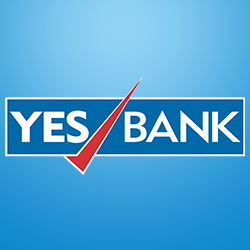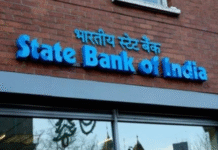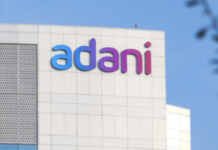By Ravi Dutta Mishra
Mumbai– It has mostly been downhill for the country’s fourth largest private lender Yes Bank since April 26, when it reported its first-ever financial loss in the March quarter.
Since the quarterly results, bank’s shares have declined over 50 per cent owing to numerous issues among which corporate governance has been a major overhang, but on Tuesday, it jumped by 11 per cent.
Yes Bank saw a sharp surge, closing over 11 per cent higher, just a day ahead of its June quarter results and over “speculation” of fresh capital infusion by a US-based private equity investor.
“If the rumours that 4 private equity firms have showed interest for major stake in the private sector lender are true, this stock which is currently trading Rs 103 apiece can go up to Rs 160 in a few months, but if it is not, more stress on the stock is possible as they are cash hungry right now,” said Deepak Jasani of HDFC Securities.
“The Rs 100 level is to be watched,” Jasani added.
In a regulatory filing, however, the company said it “as a matter of policy, the bank would not like to comment on such speculation”.
“The Bank in ordinary course of its business continues to explore various means of raising capital or funds through issuance of securities to a diverse set of investors…,” the company said.
The bank’s board had approved an up to $1 billion equity capital raising plan, which once complete, will help improve loss absorbing buffers while supporting asset growth, Moody’s had said.
In late January 2019, the bank appointed Ravneet Gill as its managing director and CEO, after the Reserve Bank of India restricted the bank’s founder and longtime managing director and CEO, Rana Kapoor’s term until January 2019.
Moody’s had pointed out that the banks loss was driven by higher credit costs for nonperforming loans (NPLs) and the creation of a contingent provision against a pool of identified stressed assets.
“We estimate that the bank’s overall stressed assets are about 8% of its gross loans,” Moody’s investor service had said. (IANS)







